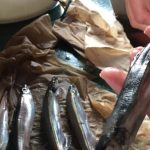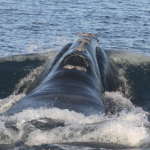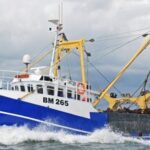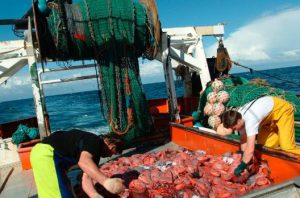Daily Archives: May 1, 2022

Why every American should care that diesel prices are surging across the country
To many Americans, including politicians, diesel prices are so removed from their version of reality that they often dismiss the importance of diesel to the U.S. and global economies. Today’s truckstop retail diesel prices hit a new record of $5.32/gallon. However, diesel is the fuel that drives the economy and leaves major industries vulnerable to cost shocks. Without diesel fuel, the U.S. economy would collapse in a matter of days. Our supply chains would completely shrivel, almost overnight. Trucks use it to haul our goods across the country. Of all Class 8 trucks (the big ones), 97% use diesel. A world without diesel would mean that our grocery stores and restaurants would run out of food, retail store shelves would be empty, and hospitals would run out of medical supplies. But that is just scratching the surface. Farmers use diesel to power most of their machinery. Nearly every fishing vessel around the world uses diesel for power. Without diesel, our fishing food supply chain would collapse. >click to read< 17:39

House Passes Sullivan’s American Fisheries Advisory Committee Act
U.S. Senator Dan Sullivan, a member of the Senate Commerce, Science and Transportation Committee, welcomed House passage this week of S. 497, the American Fisheries Advisory Committee Act, bipartisan legislation he introduced to create an industry-led committee to assist in the administration of fisheries marketing, research, and development grants. The Saltonstall-Kennedy (SK) Act provides funding for fisheries marketing, research, and development. These funds are derived from a portion of fishery import duties. To inform how these funds are allocated, Congress authorized a group of experts from different segments of the fishing industry to advise on commercial fishing problems and needs. Following a 1972 law, the original American Fisheries Advisory Committee was disbanded. In the committee’s absence, the National Marine Fisheries Service decides, by its own criteria, who receives grants. >click to read< 12:36
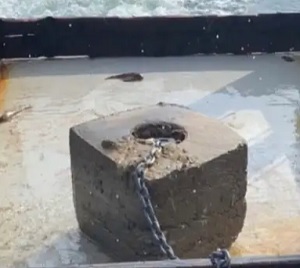
New York: Wind farm’s fish monitors irk fishermen
East-End fishermen expressing outrage over a fish-monitoring program funded by a wind-farm conglomerate that may end up leaving more than 40 large concrete blocks on the ocean floor in vital fishing grounds. A research boat was working off the coast near Wainscott Thursday to collect data and install new monitoring devices that are smaller and longer lasting than those installed just over a year ago. However, no plans have been developed to remove the 500-pound anchors for the older devices,,, Fishermen say Orsted has ignored their pleas to leave monitors out of crucial fishing grounds and to remove the 500-pound blocks. >click to read< 11:36
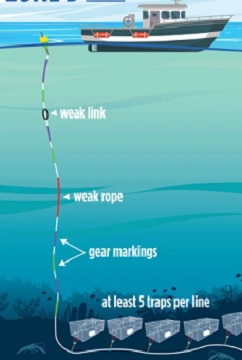
Big Story: Lobstermen fear disaster as new gear regulations take effect
Doug McLennan isn’t worried about the state of the fishery. What worries McLennan and thousands of other Maine lobstermen is the latest round of federal regulations designed to protect the endangered North Atlantic right whale, and additional measures being planned for the next decade. The newest regulations took effect Sunday, though their enforcement has been delayed until supply chain issues for some of the required gear are resolved. This is just the latest in gear regulation change required by the Atlantic Large Whale Take Reduction Plan,,, Many lobstermen have raised concerns about safety and the potential for gear failure and loss of expensive traps under the new rules, and they worry about what is coming next. >click to read< 09:16
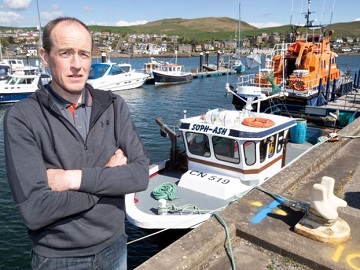
Scottish Governments “senseless” ban on Firth of Clyde ‘ruining generations of business’
Furious fishermen have accused the Scottish Government of devastating their historic Firth of Clyde industry with a “senseless” ban. Boats in the area support more than 600 jobs, many of which are in small family businesses keeping the way of life alive for remote communities. But fishermen were left shocked when ministers implemented an 11-week ban in February, leaving them unable to earn a living. The move is designed to encourage the resurgence of cod stocks, but previous restrictions allowed vessels which didn’t interfere with their habitat to continue working. >click to read< 08:10


































